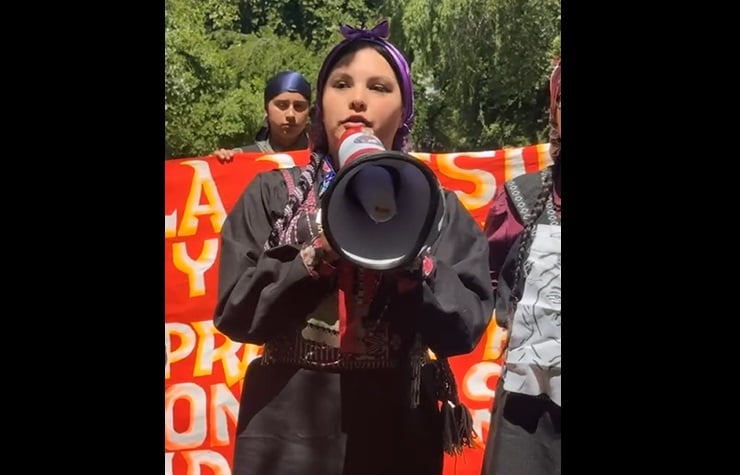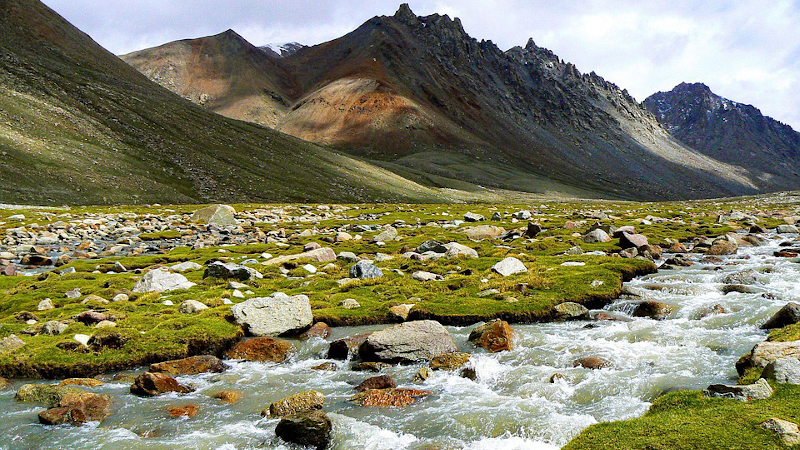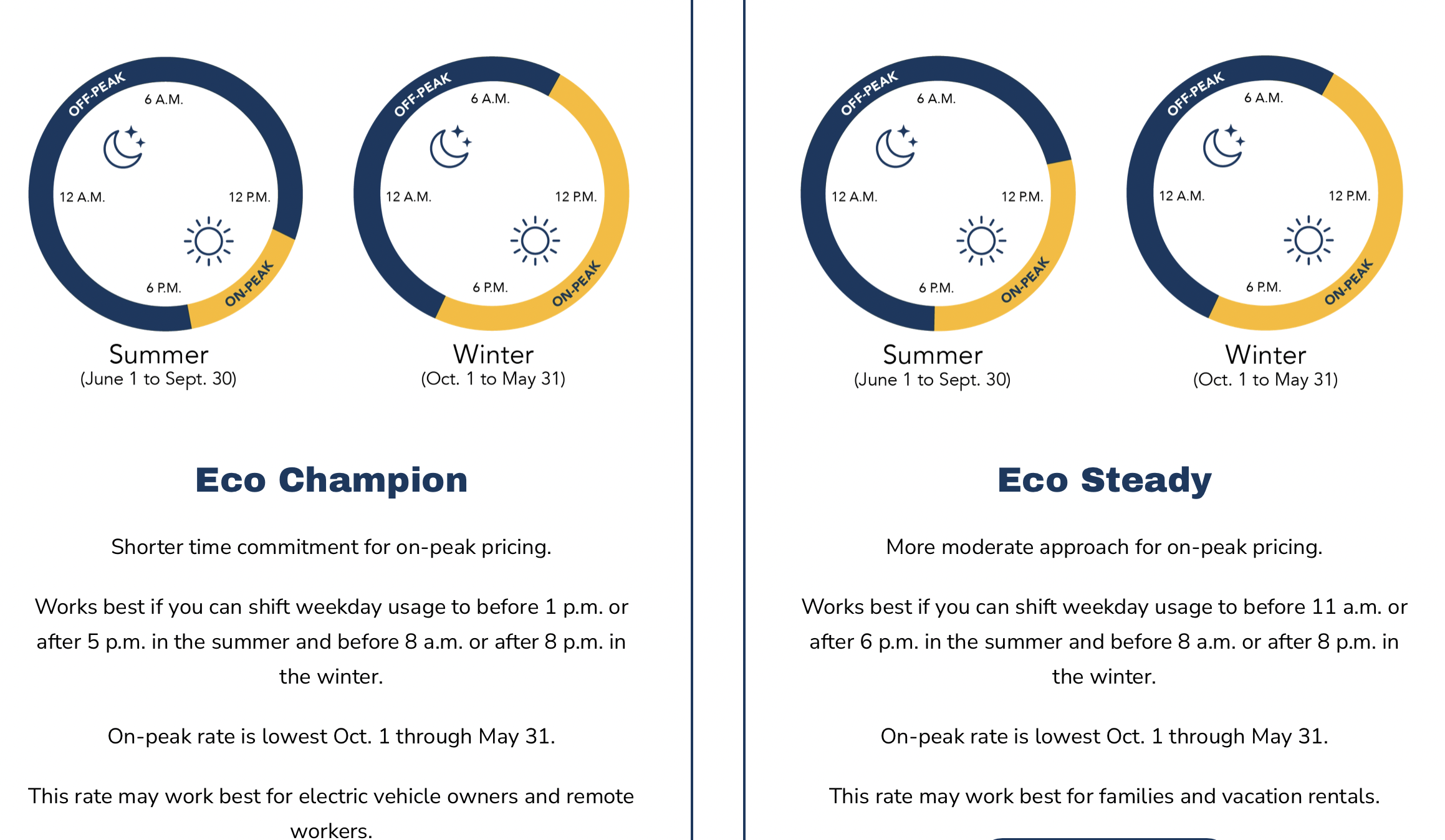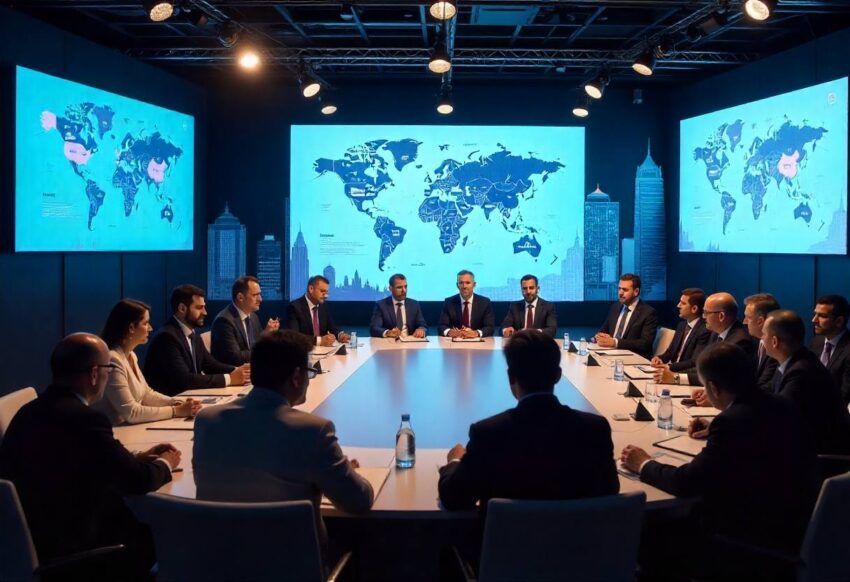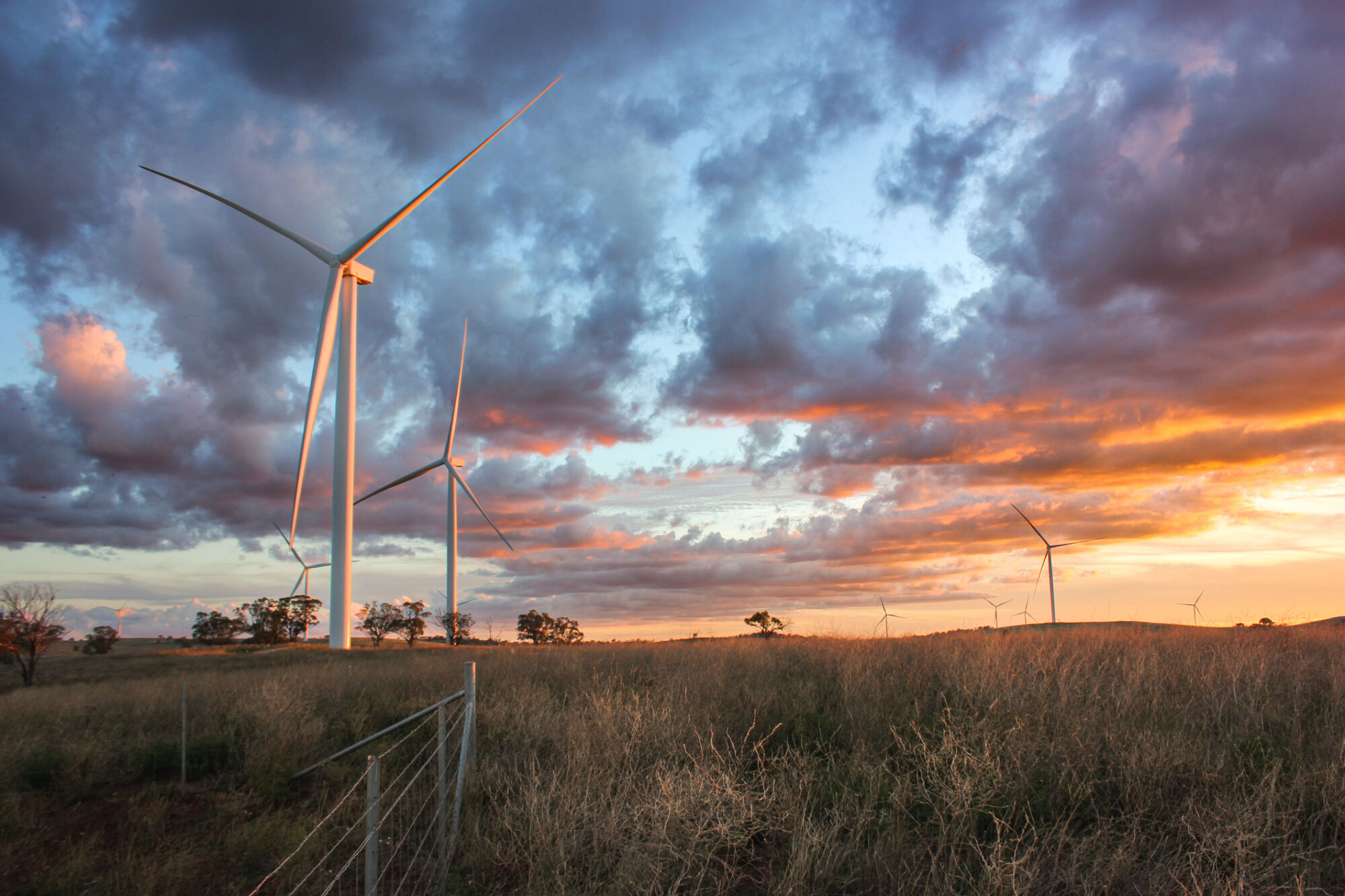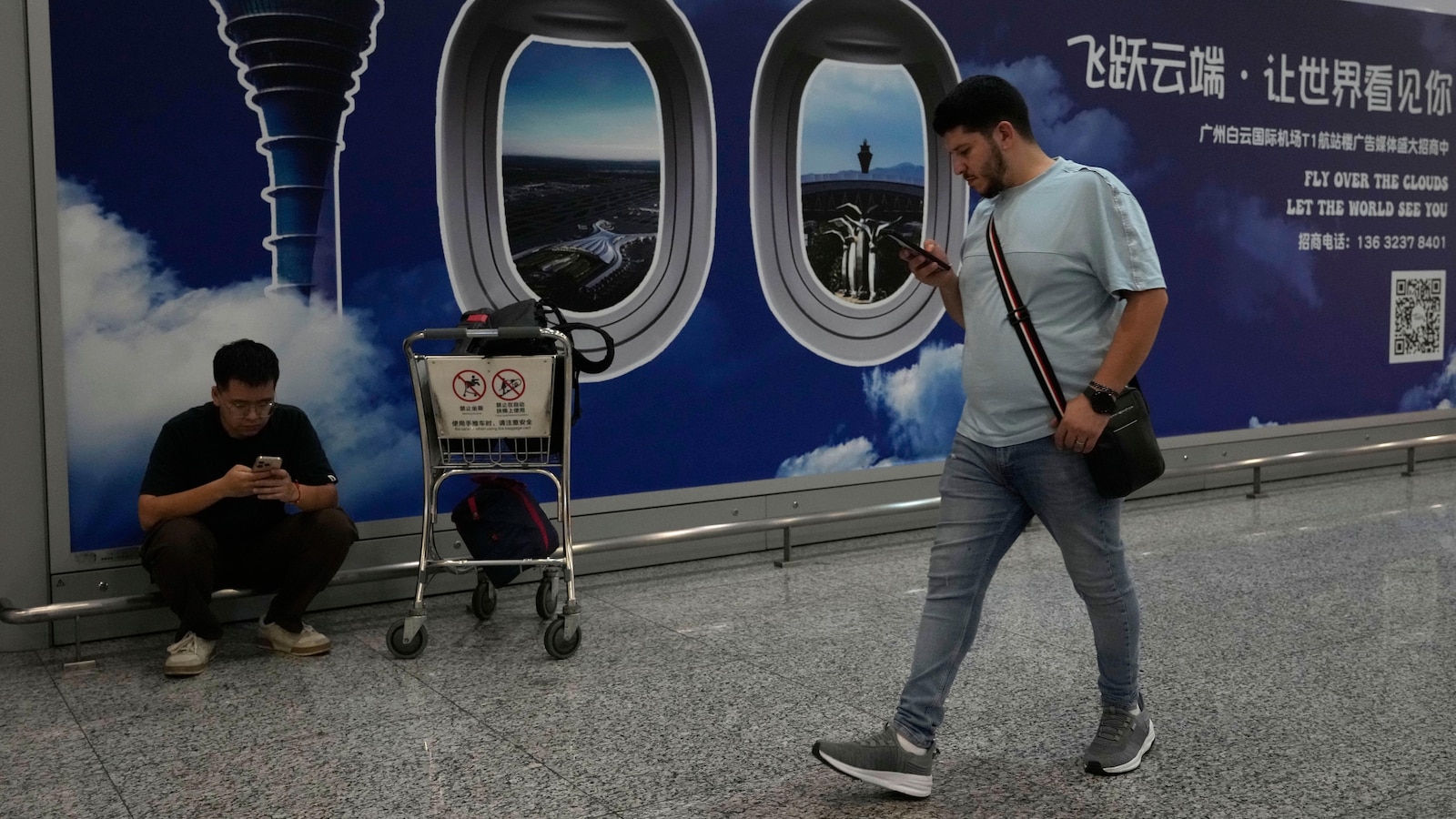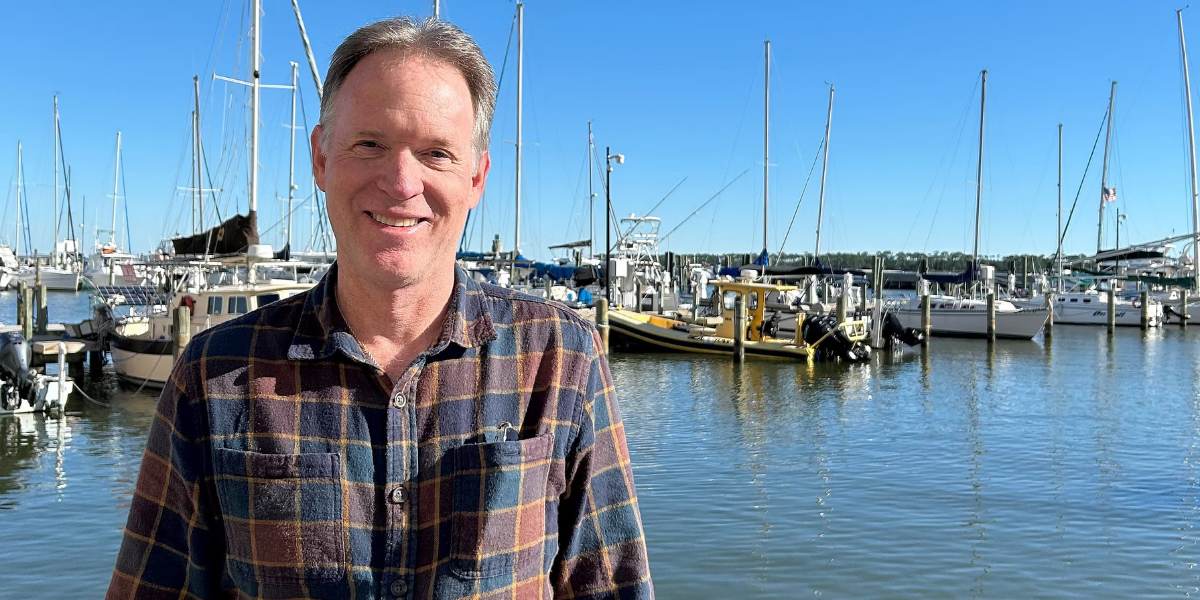Greece awaiting Turkey’s marine park response – eKathimerini.com

Report on Geopolitical Tensions and Sustainable Development in the Aegean and Ionian Seas
Executive Summary
Recent actions by Greece to establish marine parks and advance energy infrastructure have been met with opposition from Turkey, highlighting significant challenges to the achievement of multiple Sustainable Development Goals (SDGs) in the region. The disputes undermine efforts related to environmental conservation, regional peace, and sustainable energy transition, specifically impacting SDG 14 (Life Below Water), SDG 16 (Peace, Justice and Strong Institutions), SDG 7 (Affordable and Clean Energy), and SDG 17 (Partnerships for the Goals).
1. Marine Park Initiative and Sovereignty Disputes
Greece’s announcement of two new marine parks represents a national commitment to marine biodiversity and conservation, directly aligning with the objectives of SDG 14.
1.1. Greek Initiative for SDG 14
- Action: The Greek government announced the creation of two marine parks, one in the Aegean Sea and one in the Ionian Sea.
- SDG Alignment: This initiative is a direct measure to conserve and sustainably use marine resources, targeting the core principles of SDG 14 (Life Below Water).
1.2. Turkish Opposition and Implications for SDG 16
Turkey’s response has framed the environmental initiative as a geopolitical issue, challenging regional stability and the mechanisms for peaceful dispute resolution central to SDG 16.
- Criticism: Turkey characterized the move as a unilateral action that disregards ongoing bilateral legal disputes over maritime jurisdiction.
- Sovereignty Claims: The objection is partly based on Turkey’s assertion that the Aegean park includes islets of “undetermined sovereignty,” a concept referred to as “gray zones.” This claim challenges established international treaties and complicates governance, undermining SDG 16 (Peace, Justice and Strong Institutions).
- Anticipated Counter-Action: Greek officials anticipate a retaliatory designation of marine parks by Turkey, with potential for overlapping boundaries. Such a development would subvert the conservationist intent and exemplify a failure in regional cooperation, a key tenet of SDG 17 (Partnerships for the Goals).
2. Great Sea Interconnector Project: Energy vs. Geopolitics
A separate point of contention involves the Great Sea Interconnector, an energy project with significant potential for advancing SDG 7, which is currently stalled by geopolitical friction.
2.1. Project Goals and SDG 7 Alignment
- Project Scope: The interconnector aims to link the power grids of Greece, Cyprus, and eventually Israel.
- SDG Alignment: This project is designed to enhance energy security and facilitate the integration of renewable energy sources, directly contributing to SDG 7 (Affordable and Clean Energy) and supporting SDG 13 (Climate Action) through a more resilient and cleaner energy network. It also represents a significant partnership under SDG 17.
2.2. Obstruction and Impact on Regional Goals
- Blockade: Turkey has actively blocked project work in international waters near the Greek island of Karpathos.
- Implications: This obstruction is viewed by Greece as a disproportional reaction that impedes progress on a project of regional significance. The conflict hinders the collective pursuit of sustainable energy transition and energy independence, demonstrating how bilateral disputes can directly obstruct the achievement of global development goals.
3. Overall Assessment of SDG Impact
The ongoing tensions present a critical barrier to sustainable development in the Eastern Mediterranean. The situation illustrates a direct conflict between nationalistic interests and the collaborative spirit required to achieve the SDGs.
- SDG 14 (Life Below Water): While initiated to support this goal, the marine park plan is now embroiled in a territorial dispute that threatens its effective implementation and the health of the marine ecosystems it aims to protect.
- SDG 16 (Peace, Justice and Strong Institutions): The reliance on unilateral actions and the challenge to established legal frameworks highlight a deficit in strong, effective institutions for peaceful conflict resolution in the region.
- SDG 17 (Partnerships for the Goals): The events demonstrate a profound failure in bilateral partnership for shared environmental and developmental objectives. Instead of collaboration, the nations are engaged in competitive actions that undermine mutual progress.
- SDG 7 (Affordable and Clean Energy): Tangible progress towards a key sustainable energy infrastructure project is being actively blocked, delaying benefits for energy security and climate action for the entire region.
Which SDGs are addressed or connected to the issues highlighted in the article?
- SDG 14: Life Below Water – This goal is directly addressed through the announcement of creating two marine parks to conserve and protect marine ecosystems.
- SDG 7: Affordable and Clean Energy – The article mentions the “Great Sea Interconnector,” an energy infrastructure project, which relates to this goal.
- SDG 9: Industry, Innovation and Infrastructure – The interconnector project is a clear example of developing resilient, regional, and transborder infrastructure.
- SDG 16: Peace, Justice and Strong Institutions – The overarching theme of bilateral disputes, claims over sovereignty, and the blocking of projects highlights challenges related to international cooperation and peaceful relations, which are central to this goal.
What specific targets under those SDGs can be identified based on the article’s content?
-
SDG 14: Life Below Water
- Target 14.5: “By 2020, conserve at least 10 per cent of coastal and marine areas, consistent with national and international law…”
- Explanation: The primary initiative discussed in the article is the creation of “two marine parks, one each in the Aegean and Ionian seas.” This is a direct action aimed at conserving marine areas.
- Target 14.2: “By 2020, sustainably manage and protect marine and coastal ecosystems to avoid significant adverse impacts…”
- Explanation: The establishment of marine parks is a key strategy for protecting marine ecosystems from adverse impacts and managing them sustainably.
- Target 14.5: “By 2020, conserve at least 10 per cent of coastal and marine areas, consistent with national and international law…”
-
SDG 7: Affordable and Clean Energy
- Target 7.a: “By 2030, enhance international cooperation to facilitate access to clean energy research and technology… and promote investment in energy infrastructure and clean energy technology.”
- Explanation: The “Great Sea Interconnector linking Greece’s and Cyprus’ (and, eventually, Israel’s) power grids” is a project based on international cooperation and investment in energy infrastructure.
- Target 7.a: “By 2030, enhance international cooperation to facilitate access to clean energy research and technology… and promote investment in energy infrastructure and clean energy technology.”
-
SDG 9: Industry, Innovation and Infrastructure
- Target 9.1: “Develop quality, reliable, sustainable and resilient infrastructure, including regional and transborder infrastructure, to support economic development and human well-being…”
- Explanation: The interconnector is a prime example of regional and transborder infrastructure designed to link the power grids of multiple countries, thereby enhancing reliability and sustainability.
- Target 9.1: “Develop quality, reliable, sustainable and resilient infrastructure, including regional and transborder infrastructure, to support economic development and human well-being…”
-
SDG 16: Peace, Justice and Strong Institutions
- Target 16.8: “Broaden and strengthen the participation of developing countries in the institutions of global governance.”
- Explanation: The article highlights a failure in effective international cooperation and governance. Turkey’s criticism of the marine parks as a “unilateral move,” its claims of “undetermined sovereignty,” and the blocking of the interconnector project all point to significant challenges in bilateral relations and the need for stronger mechanisms for peaceful dispute resolution, which is the spirit of this target.
- Target 16.8: “Broaden and strengthen the participation of developing countries in the institutions of global governance.”
Are there any indicators mentioned or implied in the article that can be used to measure progress towards the identified targets?
-
For Target 14.5:
- Indicator: The creation and area of marine protected areas.
- Explanation: The article explicitly mentions the “announcement… of two marine parks” and notes that their proposed area is “significantly smaller than originally envisaged.” This directly corresponds to SDG indicator 14.5.1 (Coverage of protected areas in relation to marine areas).
- Indicator: The creation and area of marine protected areas.
-
For Targets 7.a and 9.1:
- Indicator: The existence and progress of the “Great Sea Interconnector” project.
- Explanation: The project itself serves as a qualitative indicator of investment in and development of transborder energy infrastructure. The fact that “Turkey has blocked works” is an indicator of the challenges faced in its implementation.
- Indicator: The existence and progress of the “Great Sea Interconnector” project.
-
For Target 16.8:
- Indicator: The existence of bilateral disputes and unilateral actions.
- Explanation: The article provides several negative indicators for this target, including the “bilateral legal disputes over the Aegean,” Turkey’s claim of “gray zones,” and the “blocking of works” for the interconnector. These events measure the lack of peaceful and effective international cooperation.
- Indicator: The existence of bilateral disputes and unilateral actions.
SDGs, Targets, and Indicators Analysis
| SDGs | Targets | Indicators |
|---|---|---|
| SDG 14: Life Below Water | 14.5: Conserve at least 10 per cent of coastal and marine areas. | The announcement and planned area of “two marine parks, one each in the Aegean and Ionian seas.” (Relates to official indicator 14.5.1) |
| SDG 7: Affordable and Clean Energy | 7.a: Enhance international cooperation… and promote investment in energy infrastructure. | The “Great Sea Interconnector” project linking the power grids of Greece, Cyprus, and Israel. |
| SDG 9: Industry, Innovation and Infrastructure | 9.1: Develop quality, reliable, sustainable and resilient infrastructure, including regional and transborder infrastructure. | The development of the “Great Sea Interconnector” as a piece of transborder infrastructure. |
| SDG 16: Peace, Justice and Strong Institutions | 16.8: Broaden and strengthen the participation of developing countries in the institutions of global governance. | The existence of “bilateral legal disputes,” claims of “undetermined sovereignty,” and the “blocking of works” for the interconnector project, which indicate a lack of effective cooperation. |
Source: ekathimerini.com

What is Your Reaction?
 Like
0
Like
0
 Dislike
0
Dislike
0
 Love
0
Love
0
 Funny
0
Funny
0
 Angry
0
Angry
0
 Sad
0
Sad
0
 Wow
0
Wow
0
























